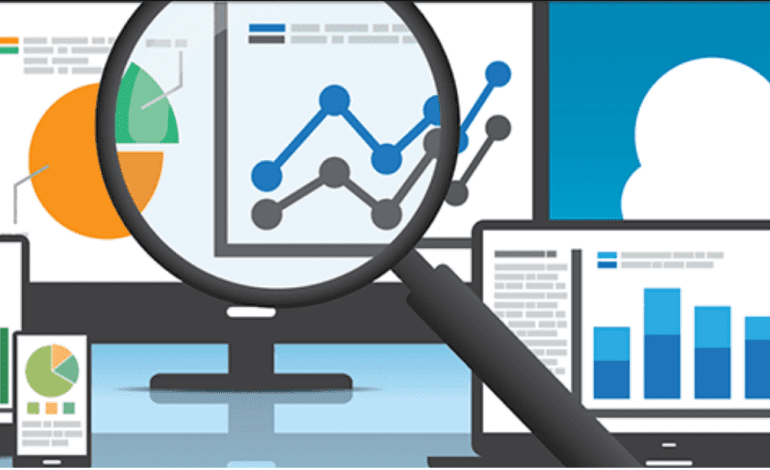Whether you’re moving your business to a new site, getting ready for a busy season, or taking care of an urgent repair, getting a business loan can be crucial for running and growing your firm. However, depending on the loan type, conditions, fees, and terms may change. You must be aware of your possibilities and weigh them against one another if you wish to match finance with your objectives.
A firm can use a loan to sustain its operations or to expand by taking out a business loan. The company will frequently have to apply and be approved for the loan based on its creditworthiness. The owners’ credit score may also have an impact on small company loan eligibility, rates, and conditions.
No matter what kind of business you run, you’ll eventually need money to keep things running. This means that in order to replenish your working capital, you will need to apply for business loans from several lenders. Every year, up to 40% of business owners engage in this.
Unfortunately, if you don’t know what lenders require from you, the loan application procedure can be very frustrating. To receive loan approval from some lenders, you must fulfill certain requirements. Understanding these terms as a borrower will help you secure a loan faster and save time.
We hope this post will help you learn about and comprehend some of the basic criteria and requirements for small business loans.
1. Personal/business credit score
Before applying for any loan, review your personal credit score. Lenders use this score to assess your ability to manage or pay debts. Plus, the amount you qualify for depends on your score. If your business has multiple owners, each lender must provide their credit scores.
Most lenders prefer to use the FICO® Scores, which range from 300 to 850. A good score is anything from 670 to 739. If you’re an established company, you’ll need a business credit score from Experian, Equifax, or Dun & Bradstreet, and it ranges from 1 to 100. So, the higher, the better.
2. Business plan
Be sure to have a detailed and precise business plan — some lenders might want to know the purpose of the loan and how you plan to use it to increase profits. Plus, adding the plan to your application helps make your business stand out from other applicants.
Your business plan should detail all the critical business information, such as company description, management team, product/service, current financials, SWOT analysis, and marketing/sales strategy. The plan should demonstrate that the requested loan will be adequate to cover your expenses and other loan repayments.
3. Bank statement & ratings
Lenders usually want to look at your bank statements to gauge the financial health of your business. If you’re borrowing from your bank, they’ll look at your account rating, which represents your borrowing capacity at that bank.
Whatever the case, your rating and bank statement must be pretty compelling to qualify for a business loan. For example, if you want a good rating, your average daily balance should be above $10,000 for at least three months. Your bank statement should also show a steady volume of regular account deposits.
4. Balance sheet
What assets, liabilities, and owner equity do you have? These details are essential for lenders to determine your business’ worth. So, be sure to get your balance sheet ready before applying for a small business loan.
Read Also: How Can I Get Small Business Loan in India?
Keep your liabilities down, especially with credit cards and lines of credit. A good credit card balance should be about 10% per account. Still, you can get quick business loan approval if you have assets to back your debt. Regardless, it helps to maintain a convincing balance sheet.
5. Business cash flow
Your business cash flow provides a snapshot of your monthly financial profile. It helps lenders know the amount you take home after paying your business expenses. Consequently, they’re able to determine your ability to meet your loan repayment obligations.
Ideally, most lenders prefer borrowers with a debt service coverage ratio less than 1.25 or 1.35 times their expenses. So, they’ll compare your accounts receivable to accounts payable and review your annual net operating income to determine your cash flow.
6. Collateral or assets
Remember that not all lenders will ask for collateral when you’re applying for a loan. However, it’s vital to get prepared if you apply for a loan that requires collateral. For example, SBA 7(a) loans above $25,000 need collateral and a personal guarantee. Such lenders want to see the assets they’ll seize should you fail to pay the loan as agreed.
The collateral can be equipment, invoices, real estate, and businesses. Some lenders will even request borrowers pledge personal and business assets to secure a loan. Be sure to understand the terms and conditions of loans that require collateral — it helps to know if they allow you to claim accounts receivable and other collateral.
A minimum two-year operational history is typically required to be eligible for a business loan. The minimum revenue, personal credit, and corporate credit requirements must also be met. Your assets will also affect your eligibility if you’re seeking for a secured loan.
When you apply for a business loan, you can be asked to provide copies of your company’s tax returns, bank records, financial statements, and business plans. Documents for verification, such as leasing agreements and articles of incorporation, may also be required from you. Furthermore, small business owners might have to provide documentation proving their identities and personal finances.
While some lenders provide loans for business startups, many business owners must rely on their own personal finances and credit to acquire the loan. You might also consider other approaches to funding, such crowdsourcing and financing from outside investors in exchange for a share of the company.


